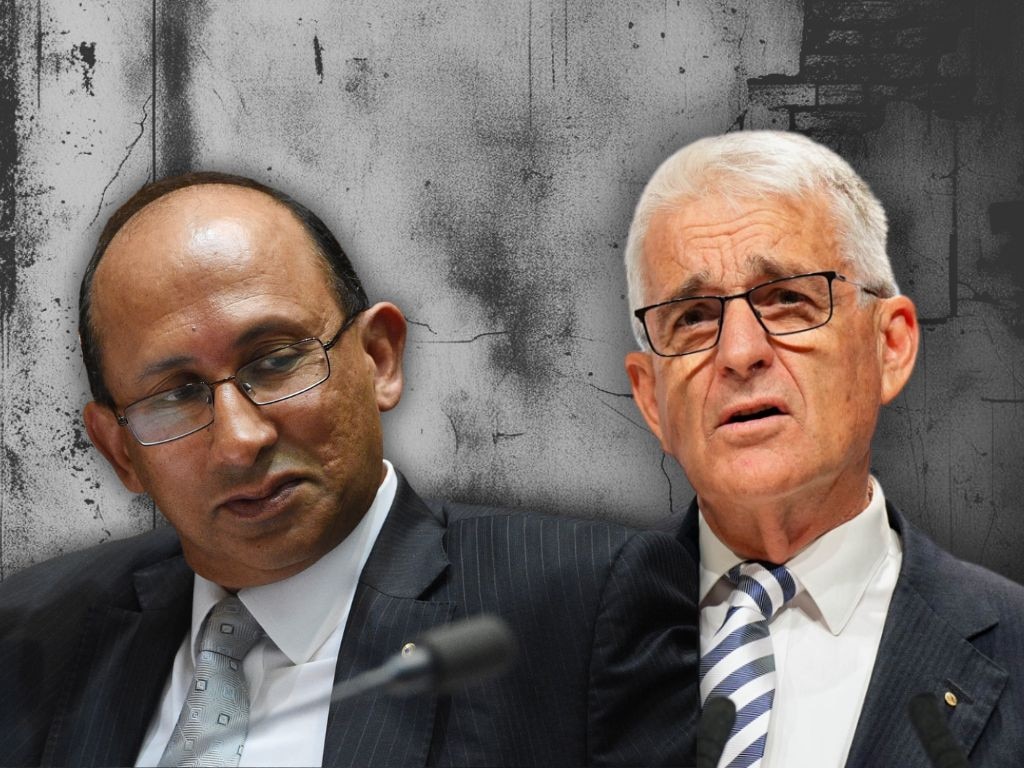Breathe easy over think tank review, the sky’s not falling

This is what I said about think tanks: “At their best they generate policy contestability. Being unencumbered by the government’s bureaucracy and direction allows think tanks to think innovatively, challenge existing ideas, produce new policy concepts and identify emerging issues. The sector injects alternative perspectives into policy discussions, helping to mitigate groupthink.” Hardly the burial rites of independent thinking.
ASPI regards having a departmental representative sit as an observer on the governing council of a government-funded think tank as inviting in the political commissars. Yet this is already standard practice for all government-funded think tanks except ASPI. Has having an observer compromised the independence of the US Studies Centre, the Perth USAsia Centre or the National Security College?
The irony here is that one of my recommendations seeks to dilute the control of the ASPI Council by the defence minister, by allowing the council, not the minister, to appoint up to three members. Since its inception in 2001 ASPI has been a commonwealth-owned company governed by a council appointed exclusively by the defence minister and managed to remain independent. Yet we are asked to believe that having its chief funder as an observer at council meetings, which typically play no role in deciding the content of ASPI reports, is a full-frontal assault on its independence.
My recommendation to cease funding ASPI’s Washington office was based on a very simple principle. ASPI should not have been given the task of seeking to influence US policy. Influencing the policy of a foreign government in our national interest requires a single voice backed by the authority of the Australian government. Having ASPI freelance in this area only muddies the water.
If ASPI wants to have a presence in Washington, fine, but it should not be government-funded or give the appearance that it speaks for the government. ASPI could look for corporate or philanthropic funding, which my review makes easier by recommending it be given tax-deductible status.
As for the suggestion that my recommendations were influenced by China’s dislike of ASPI, my report makes it clear this had no bearing on my conclusions. Indeed, I explicitly state that the idea that a think tank should be shut down because the government does not like its views is a dangerous one and contrary to the value of policy contestability in a liberal democracy.
ASPI objects to the idea of the government setting annual priorities for the funding of strategic policy work. But how else are you supposed to make decisions about what to fund, if not on the basis of clear priorities? And setting priorities is not telling think tanks what their reports should say. That would simply be a waste of money.
ASPI objects to the idea that it would have to compete for funding every five years in an open tender process. I think taxpayers might think the idea that ASPI is entitled to indefinite funding irrespective of performance a bit presumptuous.
As for Peter Jennings’s rather tortuous analogy of how I would feel if my university were to be subject to the requirements I have recommended for think tanks, he obviously has little idea of the raft of government-imposed compliance and regulatory obligations universities face. I would trade that in for the light touch of think tank reporting in an instant.
I do not expect accolades for my review, but I had hoped for a sense of perspective. The sky has not fallen, ASPI will continue to do what it does, independent thinking will remain in the control of the thinker, and how well ASPI fares in the competition for funds will depend entirely on how well it does its job. It has done big things before; I am sure it will do so again.
Peter Varghese is the author of the recently released Independent Review of Commonwealth funding for strategic policy work. He is chancellor of the University of Queensland, a former secretary of the Department of Foreign Affairs and Trade, director-general of the Office of National Assessments and international adviser to prime minister John Howard.






ASPI, Peter Jennings and your editorial writer have all breathlessly declared my review of think tanks has killed independent thinking and muzzled free thought. Since think tanks are meant to deal with facts, let’s start there.